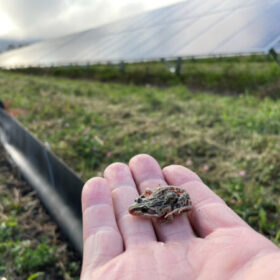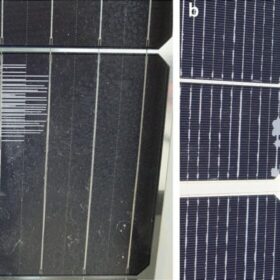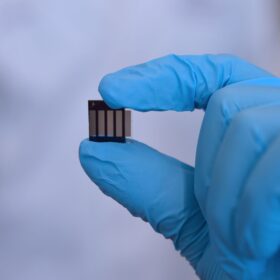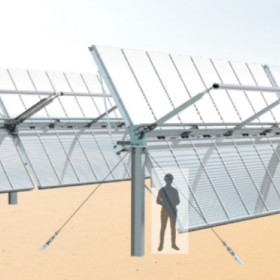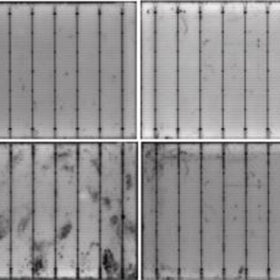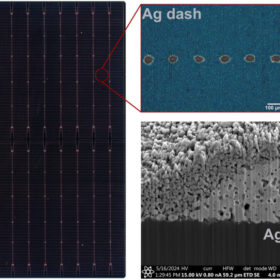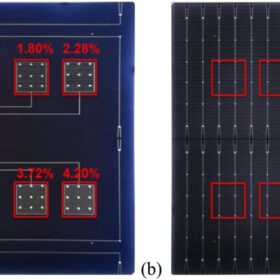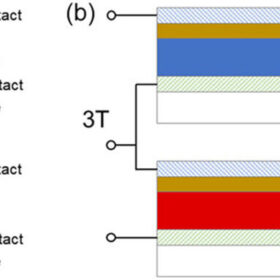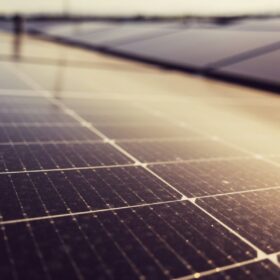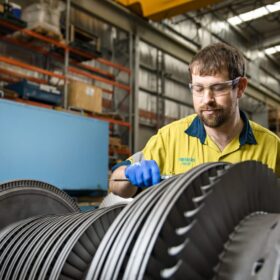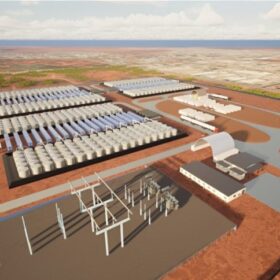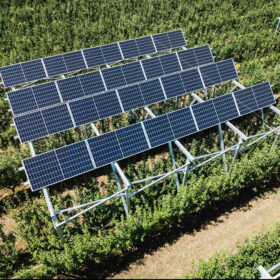New biodiversity toolkit helps solar farm developers fast-track projects
New South Wales-based biodiversity offset provider Thesium has launched a new product designed to help solar farm developers de-risk and accelerate their projects, which includes a credit feasibility analysis and board-ready stakeholder documentation.
Three-year field test shows TOPCon, HJT solar module reliability in desert areas
A three-year field experiment comparing the performance and reliability of passivated emitter and rear cell, tunnel oxide passivated contact, and silicon heterojunction solar modules in desert climates found that HJT modules exhibited the highest degradation, while TOPCon modules showed the lowest degradation.
Halocell partners with UQ to advance world-record solar tech
New South Wales-based perovskite cell producer Halocell Energy is partnering with University of Queensland researchers to accelerate the commercial production of lead-free solar panels based on record-breaking tin-halide PV cell technology.
Concentrated solar plant turns to plastic mirrors to power clean heat
South Australia researchers will team with industry partners to build a concentrated solar thermal plant in New South Wales featuring lightweight plastic mirrors that incorporate an aluminium-silica reflective coating to produce industrial heat or electricity.
Researchers warn of ‘hidden contaminants’ that could increase TOPCon, HJT solar module humidity-induced degradation
Australian researchers have identified five contaminants that could increase damp heat-induced degradation in TOPCon and heterojunction cells and modules. Their analysis has shown these contaminants could originate from improper handling during cell or module processing.
Silver-lean screen-printing can reduce silver use in TOPCon solar cells by 40%
Researchers from the University of New South Wales have teamed with international colleagues to develop a metallisation technique for TOPCon solar cells that can reportedly reduce silver usage in the devices’ rear side by 85%.
Jolywood’s laser-assisted firing process increases TOPCon solar cell efficiency by 0.6%, says UNSW research
New research from the University of New South Wales have found that the Special Injected Metallisation (JSIM) technique developed by Chinese manufacturer Jolywood can considerably increase TOPCon solar cell efficiency. The scientists described precisely how laser-assisted firing enhances cell performance, reportedly filling critical gaps in industrial TOPCon cell optimisation.
Top-cell transparency remains critical challenge for tandem solar cells
New research has shown how improving top-cell transparency and performance remains key to the commercialization of tandem perovskite-silicon solar cells, as well as for all other types of tandem devices. The analysis demonstrated, in particular, that the top cell must achieve higher single-cell efficiency to compensate for reduced transparency.
Sydney researchers develop new approaches to PV circular economy
Researchers at two Sydney universities have developed 24 new ways of evaluating the circular economy of PV modules to identify the merits of various strategies based on current and future energy, materials and silver use.
Siemens Energy applauds progress but calls for realistic transition solutions
Siemens Energy Australia’s Samuel Morillon says the country’s energy transition is progressing very well, but believes in realistic solutions to ensure reliability in the grid, and that future energy sources like renewable hydrogen will take time to mature.
